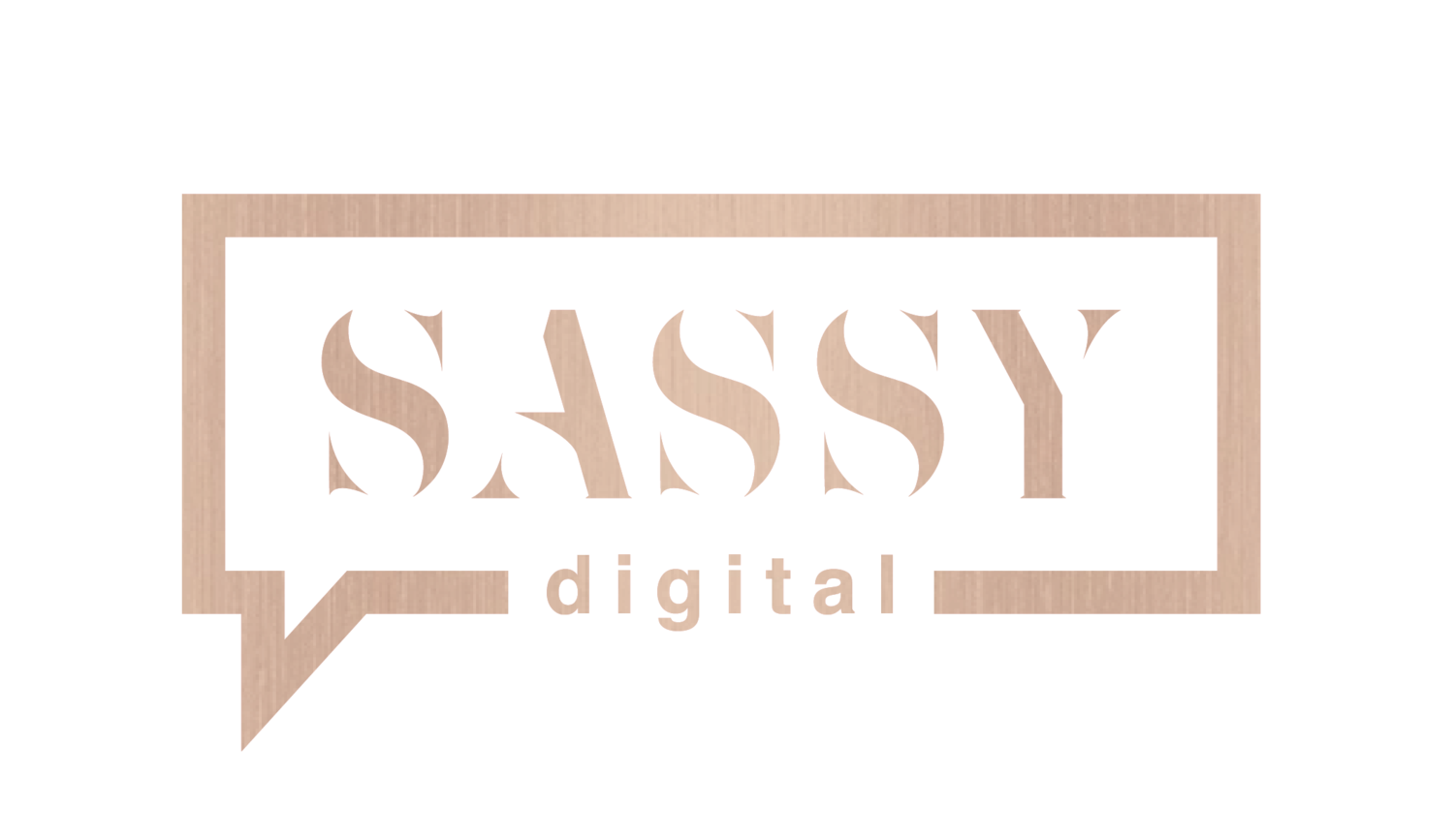What To Do When Your Invoices Aren’t Paid On Time
As a small business, it’s essential that we get paid on time. Small businesses have a tight cash flow, which means not getting paid on time can cause problems for you if you have invoices or staff that you need to pay. So what happens when you don’t get paid on time and how can we deal with overdue invoices in a quick and professional way?
1. Don’t burn bridges
It’s really important to most small business owners that we keep up good relationships with our clients, which is why for some it can feel awkward chasing money that we’re owed.
Chances are, your client has just forgotten and it will be just as awkward for them to receive a reminder as it is for you to send it!
If they haven’t paid on time, don’t get annoyed. As a small business owner you’ll just have to accept that this is how it will be with some clients.
We like to keep things simple and say something like:
“Hi [enter clients name]
Just a friendly reminder that the below invoice is now overdue.
Best wishes,
[enter your name]”
2. Wait a few days before you chase
If you client is late paying by 1 or 2 days, don’t chase yet. You have to remember that they also have their cashflow to think about (yes - even though they’ve agreed beforehand to pay you a certain amount by a certain date!)
We usually wait 4-5 days or a week before chasing. You don’t want to give off that you’re desperate for the money.
3. Set payment terms in your T&Cs before you begin working with someone
For most people, payment terms of 30 days are standard. Larger companies may state 60 day payment terms, and sometimes you’ll even find invoices are due on receipt.
If you’re working with small businesses, they will often accept if you have different payment terms. But make sure you agree these before you begin working together in writing.
4. Set up Direct Debits for retainer amounts
Charging the same amount each month? It might be time to consider adding new clients onto a direct debit. This way, you’ll never have to chase for overdue invoices!
You’ll be able to set up a direct debit to come out of your clients account on the same day each month. This works really well if you’re charging the same amount each month, especially if you are charging for expenses e.g. web hosting fees
Using GoCardless has enabled Cone Accounting to reduce its debtor days to zero. “Most accountancy firms have a debtor list with a lot of money on the table; we’re never owed any money, which is really good for our business model and growth.”
And if accountants are using Direct Debits…it must be a great idea, right?!
5. How to deal with recovering money when people are being difficult
If you’re working with clients on a retainer, it’s a good idea to have cancellation of services policy within your T&Cs, with a clear notice period.
That way if clients have agreed to pay you a certain amount and cancel before the end of their notice period you have protected yourself.
In most cases, clients will respect the notice period.
In the case that they don’t, depending on the client/situation you may want to offer them a settlement - after all, it can be awkward to work with people who no longer want to work with you.
The other option is to firmly assert that they have agreed to a notice period of XX amount of days (this is usually 30 days) and the work is contracted to continue until XX date upon which it will be terminated.
At the end of the day it’s important to make sure you’re being paid on time because you need to support yourself and your employees (if you have any). It’s important for your cashflow, and for a good client relationship.
How do you get your invoices paid on time? Comment below or DM me on Instagram @lucyhitchcock_@sassydigital
